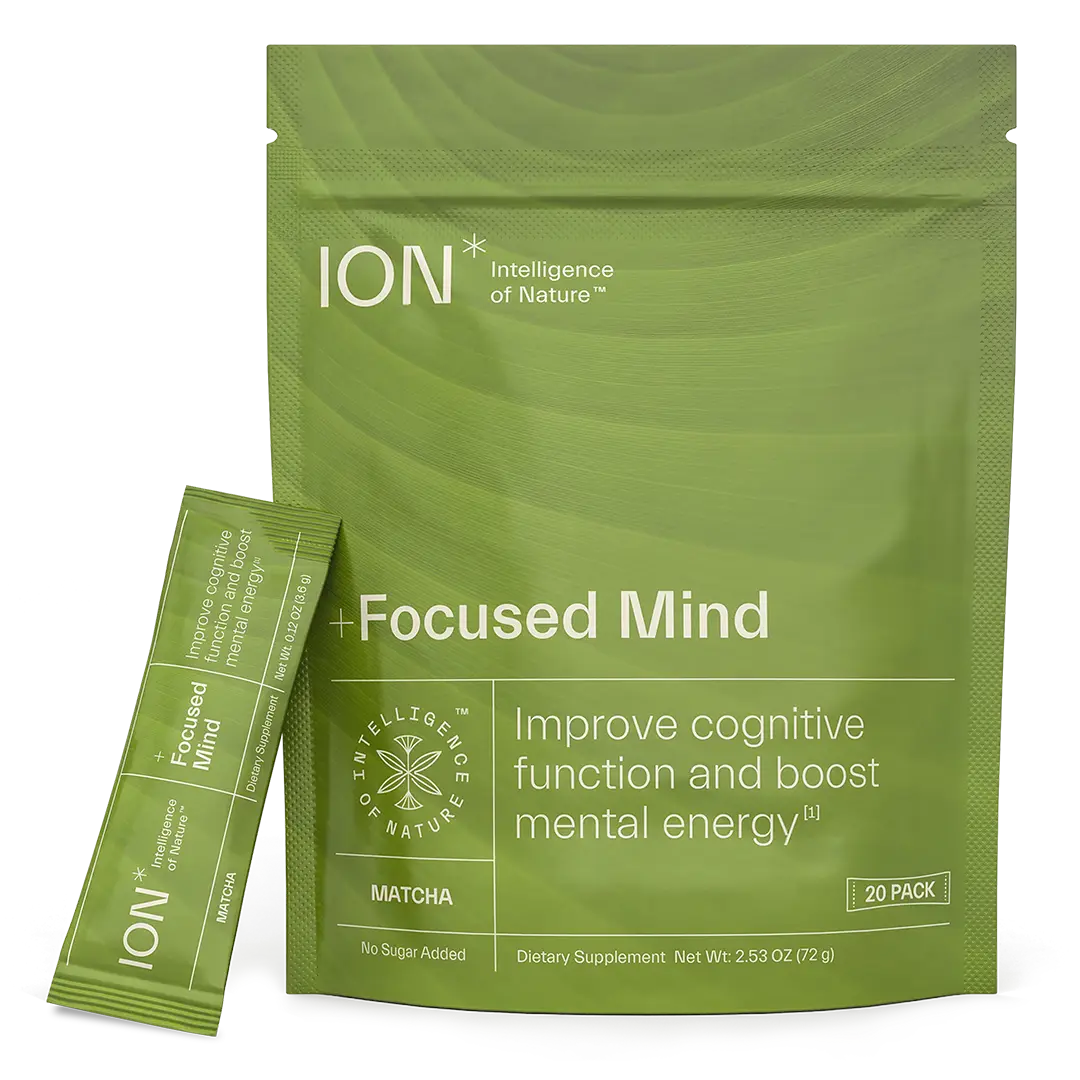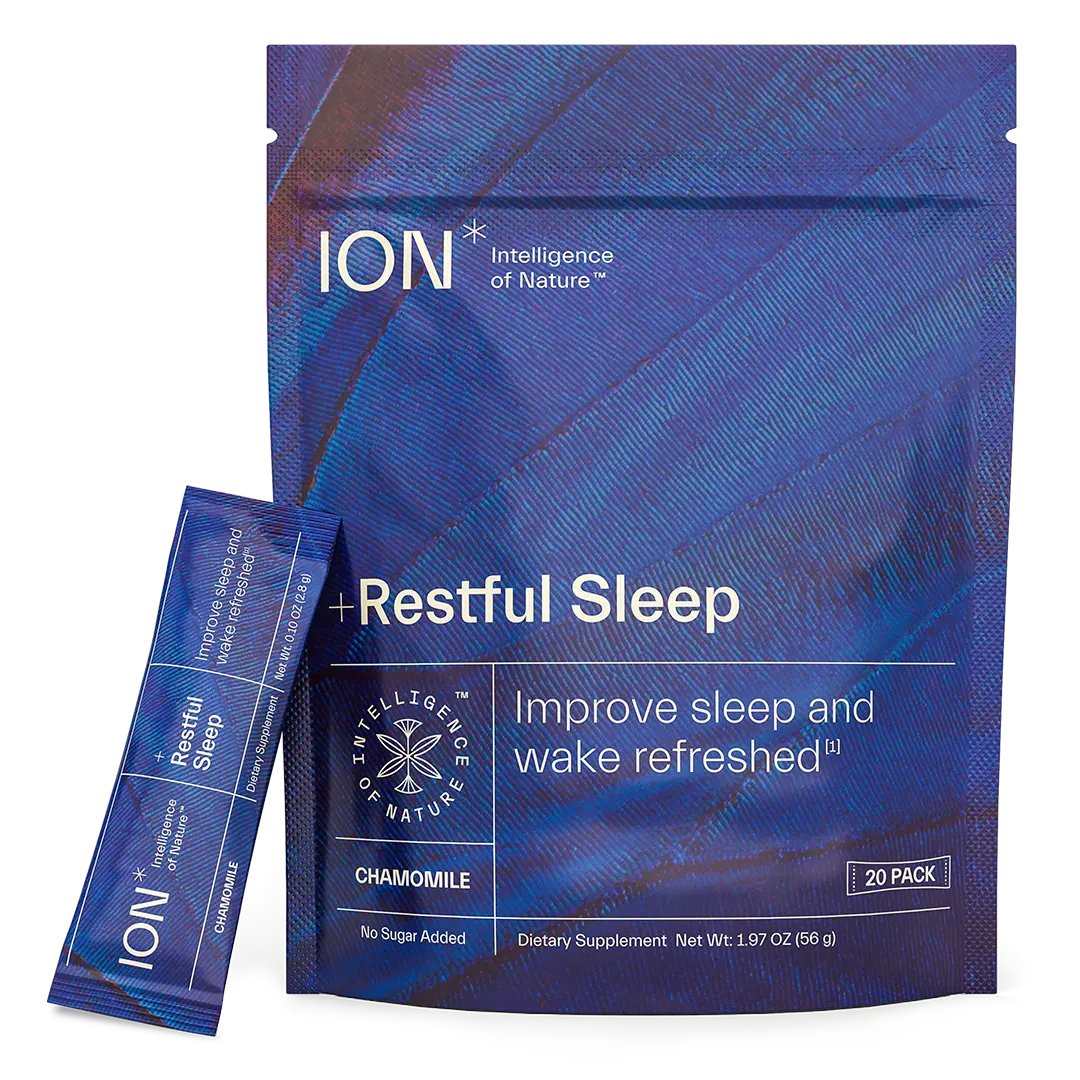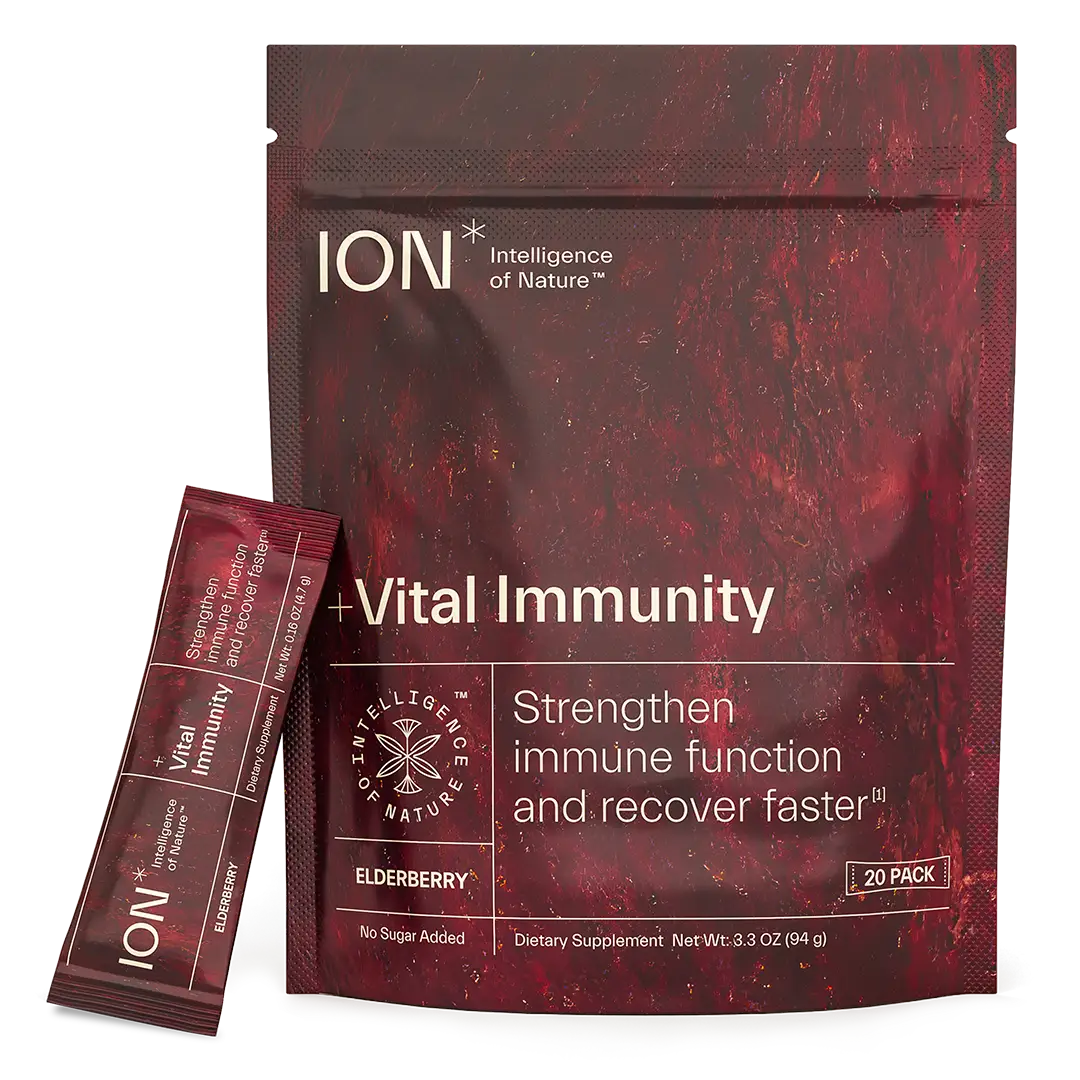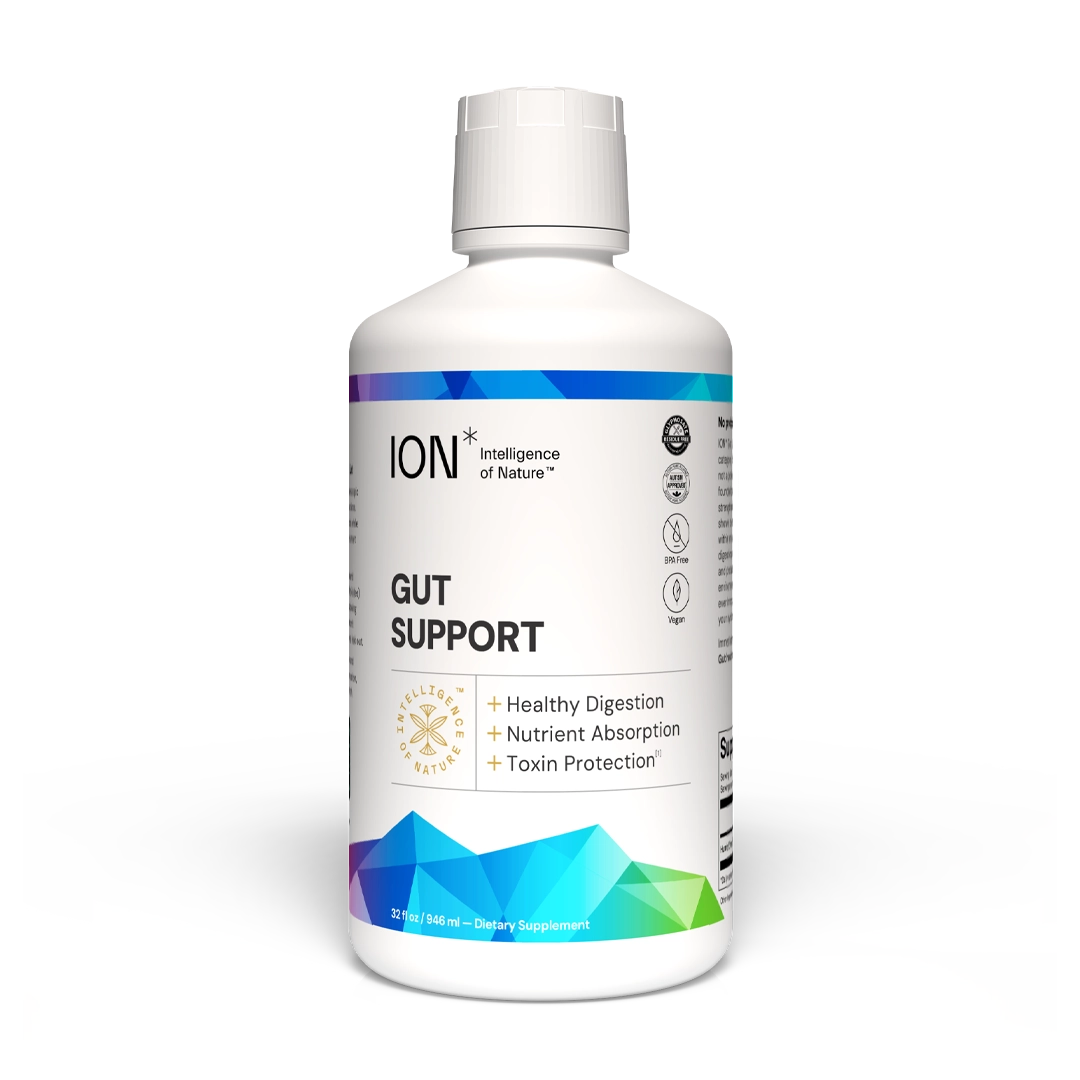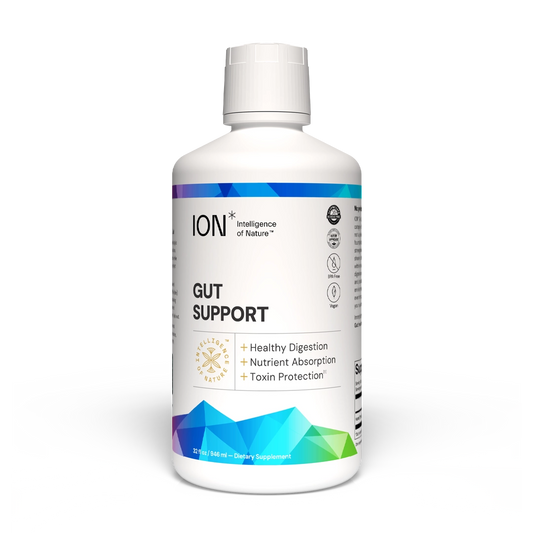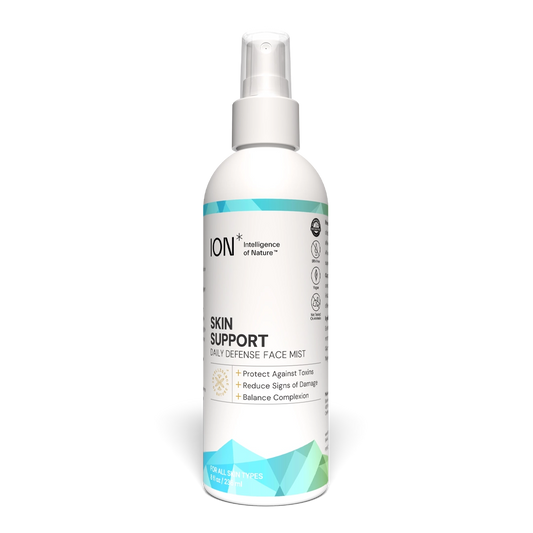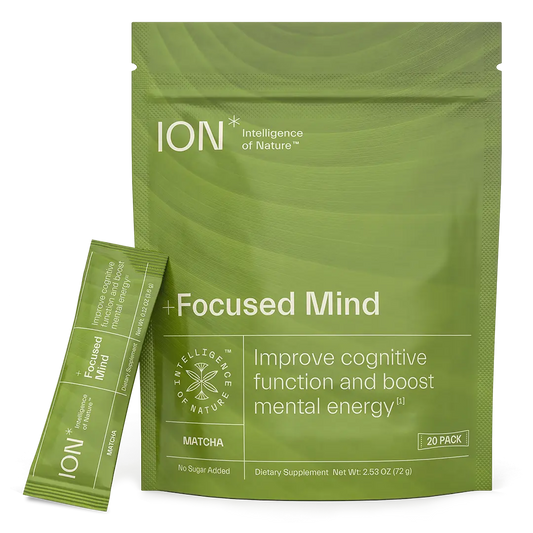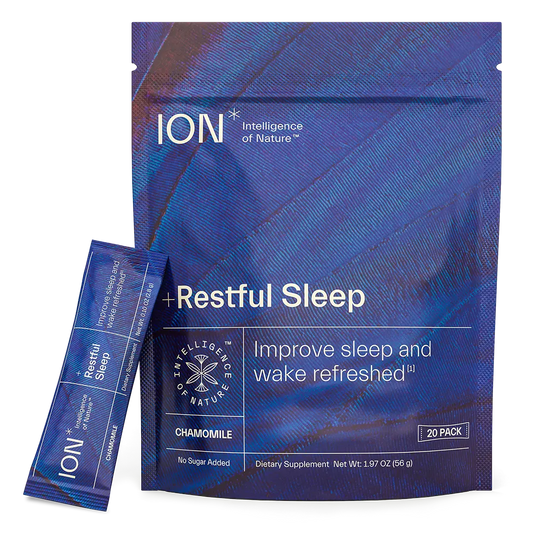Glyphosate, the active ingredient in many herbicides, is often celebrated for its weed-killing abilities. However, what’s often left unsaid is the devastating effect it has on the environment, particularly our soil.
The Scope of Glyphosate Use
Glyphosate is the most widely used herbicide in the world. In the U.S. alone, over 280 million pounds of glyphosate are applied annually, largely in industrial agriculture. Globally, glyphosate use has increased 100-fold since its introduction in the 1970s (USGS, 2023).
While it may be effective at killing weeds, glyphosate doesn’t just stay on the surface, it seeps into the soil, causing long-term damage to the very foundation of our food system.
How Glyphosate Harms Soil Health
Disrupting the Soil’s Microbial Balance
Beneath our feet, soil is alive with billions of microorganisms working together to support plant growth and maintain ecological balance. These microbes play a vital role in breaking down organic matter, cycling nutrients, and defending plants against disease. However, glyphosate acts as an antimicrobial agent, targeting the very organisms that keep soil thriving.
Research has shown that glyphosate reduces populations of beneficial bacteria such as Pseudomonas and Bacillus, both essential for plant resilience and soil fertility (Zobiole et al., 2010). Without these microbial allies, soil loses its natural defense mechanisms, leading to an increased risk of plant diseases. The result? Farmers often turn to even more chemical inputs, creating a vicious cycle of soil degradation and chemical dependency.
The Shikimate Pathway Breakdown
Plants and soil microbes rely on a metabolic route called the shikimate pathway to produce essential amino acids. Glyphosate works by blocking this pathway, preventing plants and microbes from synthesizing the nutrients they need to survive. While humans lack the shikimate pathway, our dependence on nutrient-rich crops makes this disruption especially concerning.
When the shikimate pathway is compromised, soil quality declines, leading to nutrient-poor crops with diminished yields. Plants become more vulnerable to pests and diseases, further exacerbating the need for chemical pesticides. It’s a chain reaction that leaves our soil weaker, our food less nutritious, and our agricultural systems more fragile.
Loss of Organic Matter and Soil Fertility
Healthy soil is a living ecosystem that relies on organic matter to retain moisture, support microbial life, and provide essential nutrients to plants. Glyphosate residues interfere with this natural process.
By disrupting microbial communities, glyphosate slows down the decomposition of plant matter, leading to soil compaction and reduced aeration. Without adequate organic matter, soil struggles to retain water, increasing the risk of erosion and runoff. Over time, farmers are left with nutrient-depleted fields that require even more synthetic fertilizers to produce crops, perpetuating the harmful cycle of chemical reliance.
What Can You Do to Protect Your Health?
While systemic change in agricultural practices is essential, protecting your own body from glyphosate exposure is a proactive step you can take today.
Strengthen Your Gut with ION* Gut Support
Glyphosate doesn’t just impact the soil, it can also disrupt your gut microbiome, leading to digestive issues, inflammation, and weakened immunity.
ION* Gut Support is scientifically proven to strengthen the gut lining in as little as 16 minutes, helping to protect against toxins like glyphosate. By supporting the integrity of your intestinal wall, ION* Gut Support promotes better digestion, nutrient absorption and overall well-being.
Sources
- U.S. Geological Survey (USGS), 2023
- Zobiole, L. H. S., et al. "Glyphosate affects chlorophyll, nodulation, and nutrient accumulation in glyphosate-resistant soybean." Journal of Plant Nutrition, 2010
- Krüger, M., et al. "Detection of glyphosate residues in animals and humans." Journal of Environmental & Analytical Toxicology, 2014
